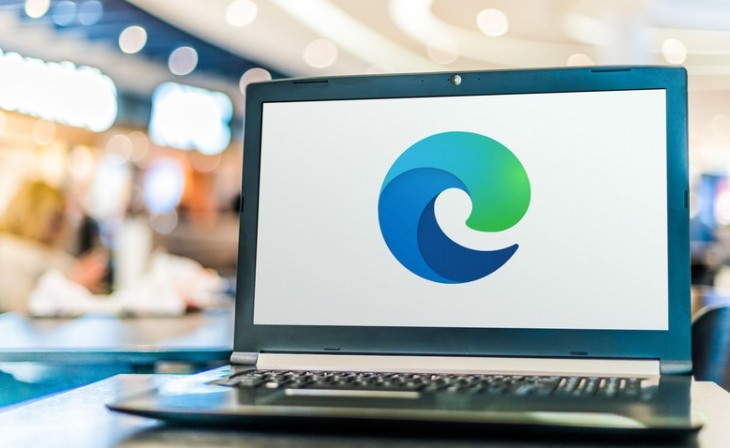Microsoft's Edge is slowly expanding its advantage over Mozilla Firefox
Slowly but surely, Microsoft's Edge Internet browser is creating an increasing advantage over the veteran on the scene - Mozilla's Firefox. According to StatCounter, this is a 3.99 percent market share for Edge compared to 3.66 percent for Firefox.
At the same time, Edge had 3.77 percent during September, so it can boast of growth of 0.22 percent during October. Firefox, on the other hand, has lost users in eight of the last 12 months and is clearly an unstoppable trend.
As an additional problem for Mozilla's browser, or, as an advantage for Edge, is certainly the arrival of the Windows 11 operating system. It makes it even harder to change a pre-set Internet browser, so Edge has a small and significant advantage in that regard.
Maybe the numbers will be better for November because on the 9th of the month Microsoft enabled Firefox to be downloaded to its Store, and something like that is really a big step forward in terms of understanding competition, the openness of this store, and Microsoft's relationship with those who rival them on the market.
And Firefox certainly is because it is a browser with almost 20 years of experience, its gecko engine, and a lot of originality that keeps a significant user base with it. The problem is that it is not growing and Firefox is rightly called Twitter in the world of browsers. Because even this social network has not managed to make significant growth of over 300 million active users per month for almost ten years.
But it should also be noted that Microsoft has recently offered some refreshments for Edge as new features in terms of various online stores, which is useful during Black Friday and the holidays in general. Also, the possibility of citations for students and academics has been introduced, and a new security “shield” against malware has been set up.
Only, for some significant breakthrough, Edge has to start "grabbing" users from Chrome, arguably the strongest player, whose market share is around 65 percent. Or Apple’s Safari, whose share is 19 percent.




